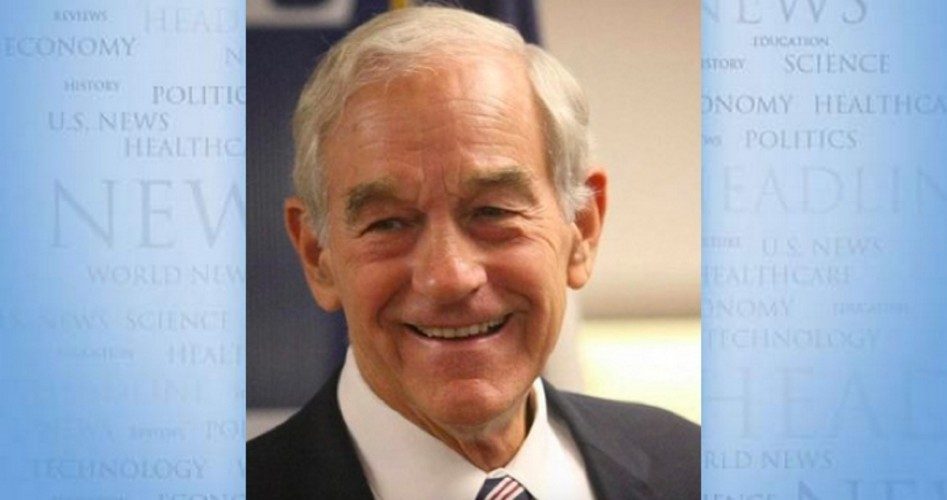
I recently proposed that the liberty movement capitalize on Brexit with “Fed-exit”: a campaign to “secede” from the Federal Reserve. Fed-exit could be accomplished with a few simple policy changes.
Passing Audit the Fed is a good first step toward Fed-exit. Contrary to the Federal Reserve’s propaganda, auditing the Fed will not reduce the Federal Reserve’s mythical “independence.” It will simply allow Congress and the people to learn the full truth about the Fed’s conduct of monetary policy.
However, the desperation with which the Fed fights the audit bill suggests it believes increased transparency will boost support for Fed-exit. Considering what we discovered from the limited audit of the Fed’s activities during the 2008 financial crisis, the Fed’s fears may be justified. That audit revealed that between 2007 and 2008 the Federal Reserve loaned over $16 trillion — more than four times the annual budget of the United States — to foreign central banks and politically-influential private companies! Imagine what would be revealed by a full audit that includes looking at the Fed’s recent explosion of money creation via “quantitative easing.”
Once Congress and the public know the full truth about the Fed’s operations, we can begin working on ending, or at least reining in, the Fed. A good next step would be to explicitly forbid the Fed from making “loans” to private businesses or foreign governments. Section 13(3) of the Federal Reserve Act, which the Fed claims gives it the authority to provide “emergency assistance” to private companies, must be repealed.
Congress should also pass legislation reversing President Ronald Reagan’s executive order creating the “Plunge Protection Team.” Created after the 1987 stock market crash, the Plunge Protection Team’s “job” is to intervene whenever the financial markets appear to be on the verge of a meltdown, in order to prolong the Fed-created illusion of economic prosperity.
Congress should also restrict the Fed’s ability to purchase government securities, which the Fed uses to monetize the federal debt. Congress should also stop the Fed from manipulating interest rates. These actions would reduce the economic instability wrought by the Fed’s monetary policy. Ending the Fed’s monetization of the debt could also force Congress to not just halt the growth of, but actually begin to roll back, the welfare-warfare state.
The best way to rein in the Fed is to restore the gold standard. However, this must be a true gold standard, not the phony post-war Bretton Woods gold standard or the “gold price rule” promoted by the supply-siders. The “gold price rule” requires the Fed to raise interest rates whenever the price of gold matches or exceeds a Fed-determined target. Thus, this rule still allows the Fed to attempt to “fix” the price of money. It just provides the Fed with another after-the-fact indicator that the latest inflationary bubble is about to burst.
The most important step toward Fed-exit and the restoration of a true free-market monetary system is the repeal of all laws that in any way restrict individuals from using alternative currencies. Under a free-market monetary system, some individuals will choose to use metal-based currency, while others will choose to use digital currency. Some many even stick with fiat money. The important factor is not the type of currency individuals use, but that people have the right to decide for themselves what unit of exchange they use for their economic transactions.
As long as the Federal Reserve is allowed to manipulate the value of money and support the welfare-warfare state, we will never have a truly free market or a free society. Therefore, all those who seek liberty, peace, and prosperity should join the effort for a Fed-exit.
Ron Paul is a former U.S. congressman from Texas. This article originally appeared at the Ron Paul Institute for Peace and Prosperity and is reprinted here with permission.



